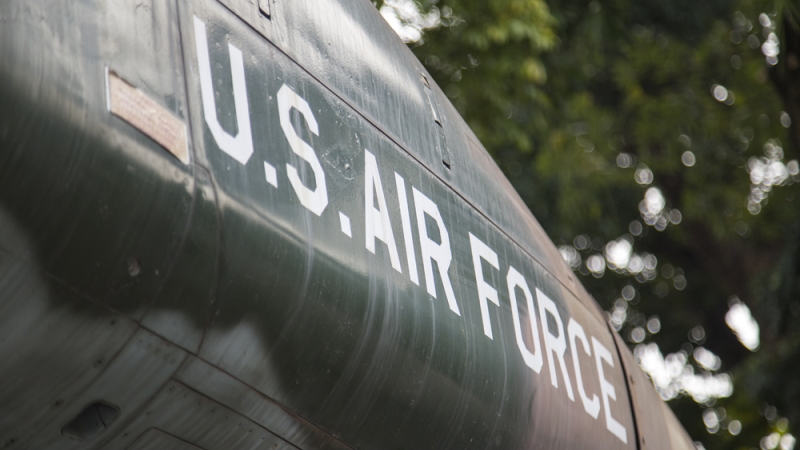
The U.S. Air Force is evaluating both larger and smaller artificial intelligence (AI) technology models as it moves down the path to development and deployment of the technology, said Lt. Col. Joesph Chapa, the Air Force’s chief responsible AI ethics officer, at the Nov. 14 Intel Public Sector Summit in Washington.
“One of the things we’re really excited about is the prospect of comparing these two architectures – there’s the application programming interface (API) call-out to the big commercial models, and then there’s bringing the open source model and wrapping software around it and employing it within our network,” he said.
Looking at AI models, Chapa said the Air Force might best be served by smaller AI models, rather than AI models trained on larger amounts of data.
“An open question right now is whether you take one of the large commercial models off the shelf, which presumably has exceptional language capabilities, or a smaller model, which might not have as capable language capabilities, but then you can train it or tune it on your own bespoke data set,” said Chapa.
“It’s an open question as to which will yield the better performance for given problem sets. And we’re really excited to be able to do some of that work to compare those approaches because what we might find down the road is that moving toward relatively smaller models that are optimized for specific use cases might yield better results,” he said.
Chapa also touched on the challenges of developing AI tech for the service branch while the Air Force continues to rely in some measure on legacy technology systems.
“Really the big challenge for us is trying to leverage the commercial tools that are out there, given the legacy cybersecurity regime,” he said, adding, “I don’t think that we have a solution for that yet.”
